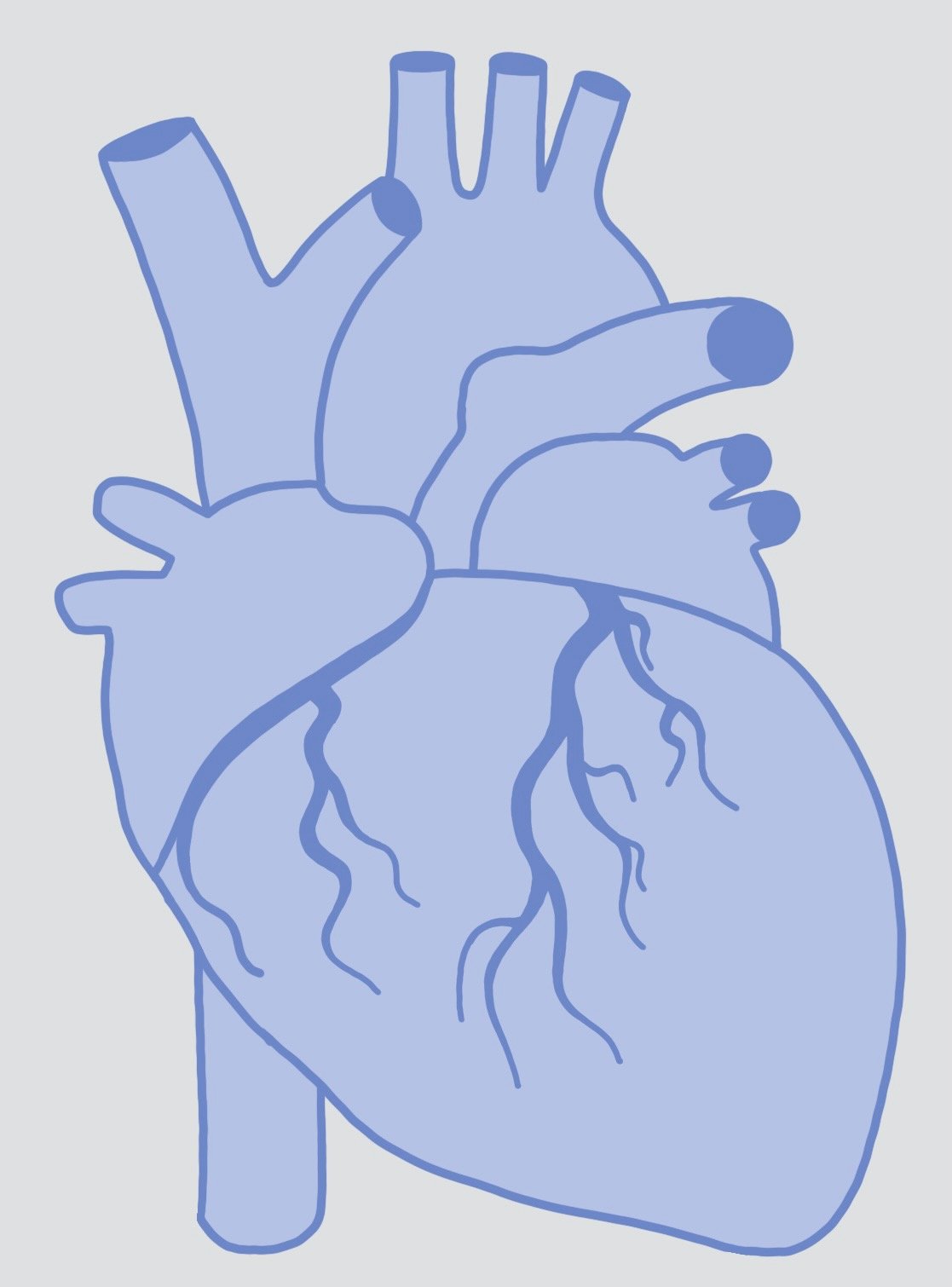Autonomic Nervous System: Heart Rate and Blood Pressure
The autonomic nervous system regulates the flow of oxygen and nutrients through controlling heart rate and blood pressure. Therefore, the autonomic nervous system can increase or decrease your heart rate and blood flow depending on the current situation.
Sympathetic Nervous System
When activated, the sympathetic nervous system causes the heart to beat faster (increasing heart rate). By increasing the heart rate, the sympathetic nervous system increases blood flow throughout the body. By increasing blood flow (and blood pressure), more nutrients and oxygen circulate through the body faster.
Parasympathetic Nervous System
Like breathing, increasing heart rate and blood pressure allows for vital organs and muscles to get the nutrients they need in a “fight or flight” response.
When activated, the parasympathetic nervous system decreases heart rate and blood pressure. During restful or safe situations, your body needs fewer nutrients, therefore the parasympathetic system counteract the sympathetic system, creating an equilibrium, or balance, in the body. This also allows for the heart to rest and recharge.
Additionally, by decreasing heart rate, the parasympathetic nervous system decreases blood pressure. Consistently high blood pressure can lead to blood vessels and heart damage.



